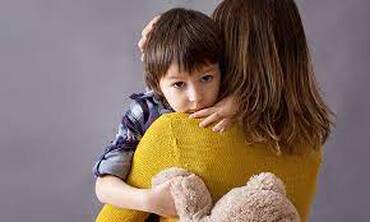
Fetal Alcohol Spectrum Disorders are a collection of conditions resulting from a woman consuming alcohol while pregnant. The alcohol consumed by mother passes through her through the umbilical cord, and thus into the baby in the mother’s womb. It is as if the baby itself is drinking alcohol. FASD effects can include a number of challenges, both physically, and with behavior and learning. In truth, children born with FASD often have a combination of both.
There are a variety of symptoms in regards to Fetal Alcohol Spectrum Disorders. They include a shorter than average height, low body weight, and smaller head size. Babies often have abnormal facial features, including a smooth ridge between the upper lip and the nose. Children with FASD also have great difficult in school, most often with reading and math, due to poor memory ability, learning disabilities, speech and language delays, simple difficulty with attention. Additional symptoms include poor powers of judgement and reasoning, problems with hearing and vision, and even heart and kidney complications, as well.
Join the thousands who receive Dr. DeGarmo’s FREE foster care newsletter. Simply fill out the form below.
There are four main types of Fetal Alcohol Spectrum Disorders. Perhaps the one most people are familiar with is Fetal Alcohol Syndrome, or FAS. Children with FAS often have complications with growth and facial feature abnormalities. They also have troubles, difficult with attention span, communication, learning, and memory, and more than likely will struggle in school in some fashion. Another form of FASD is Alcohol-Related Birth Defects, or ARBD. Those born with ARBD have health related issues with hearing, heart, kidney, or even with bone. Children diagnosed with Alcohol-Related Neurodevelopmental Disorder, or ARND, have learning and intellectual disabilities, and struggle in school. Finally, Neurobehavioral Disorder Associated with Prenatal Alcohol Exposure, or ND-PAE, is a disorder where children struggle with behavior problems, mood swings, and attention, as well as have trouble with basic living skills. Children diagnosed with ND-PAE also have thinking and memory difficulties, too.
Tragically, Fetal Alcohol Spectrum Disorder is a condition that the child in your home will not grow out of once he reaches adulthood. Indeed, FASD is a lifelong condition. Fortunately, there are a number of ways FASD can be successfully treated. Early diagnosis is vital and essential in order to best help and treat one who suffers from FASD. There are several types of medication and medical care for those with FASD. Additionally, you as a foster parent can help the child in your home who suffers from FASD by seeking out special educational programs that are designed to meet the needs of the child. As we have read, children with FASD struggle with a combination of learning challenges. He needs you to help him survive and succeed in school with these special educational programs. Do some research on your own, or reach out to your school system or local social service programs. Finally, a consistent, loving, nurturing and stable house and family will truly help the child.
-Dr. John
Want to learn MORE? Order your signed copy of the popular book The Foster Care Survival Guide: The Essential Guide for Todays Foster Parents. Order your special copy HERE.
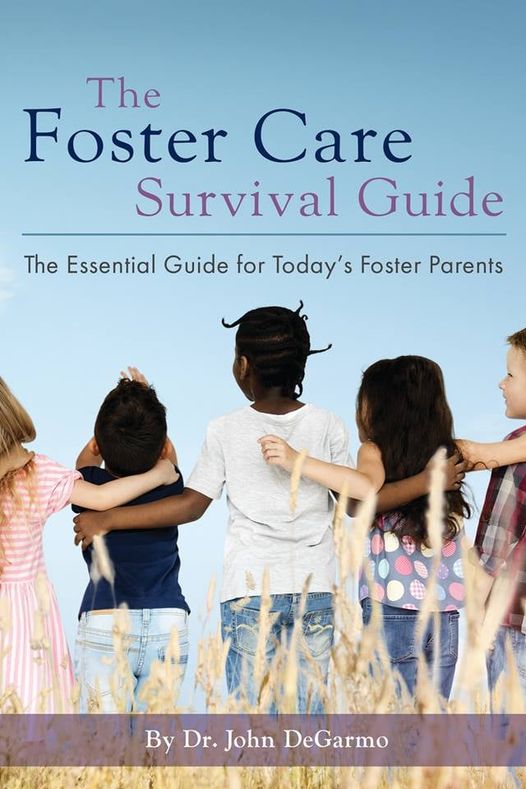
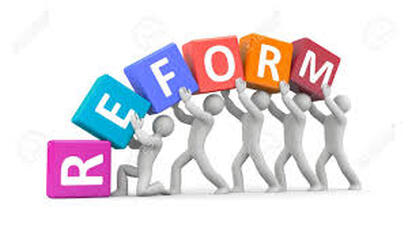
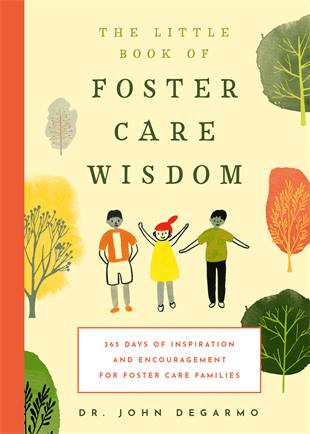

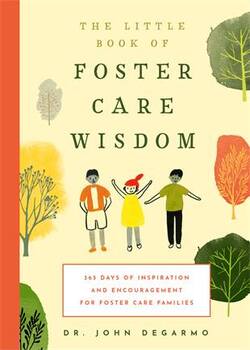
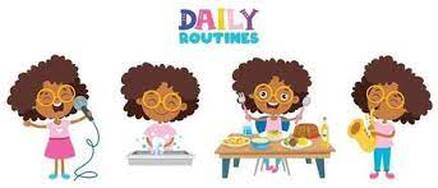
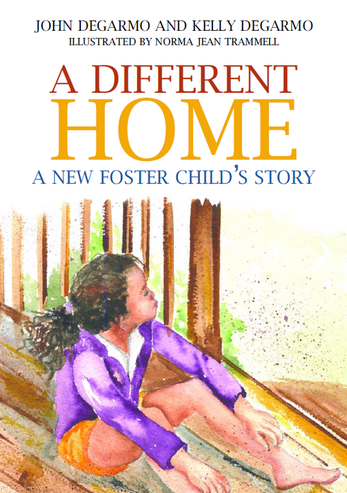
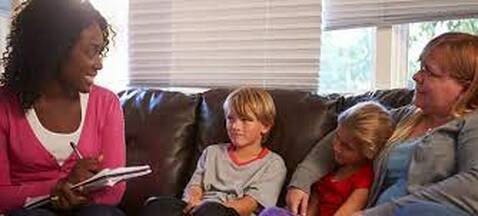
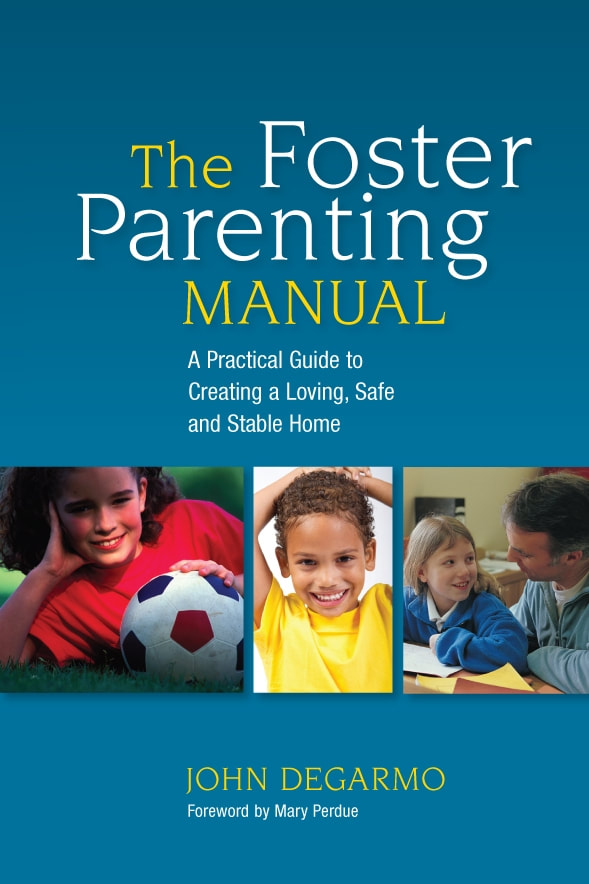


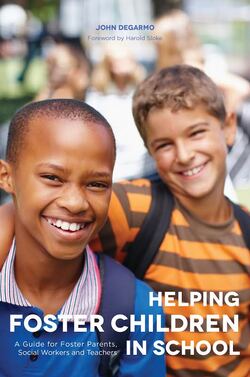
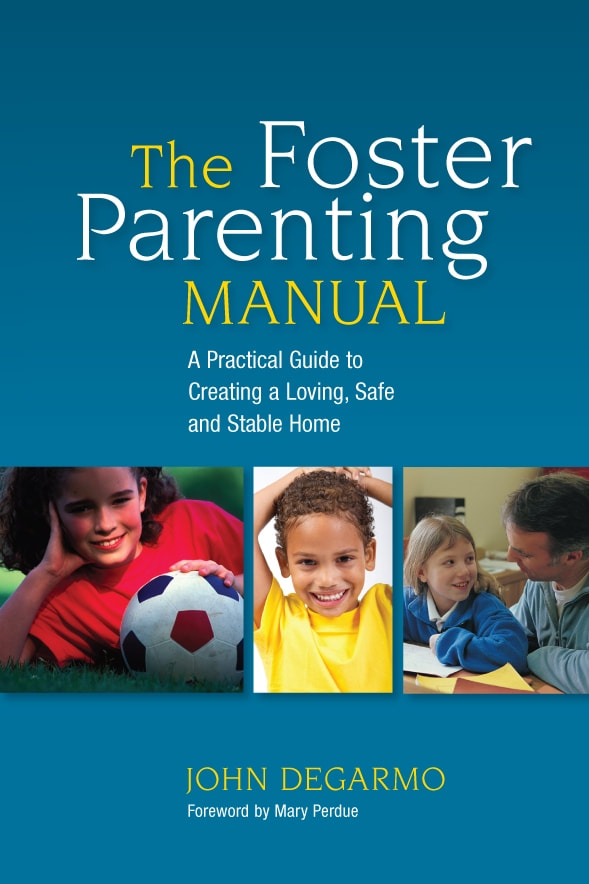

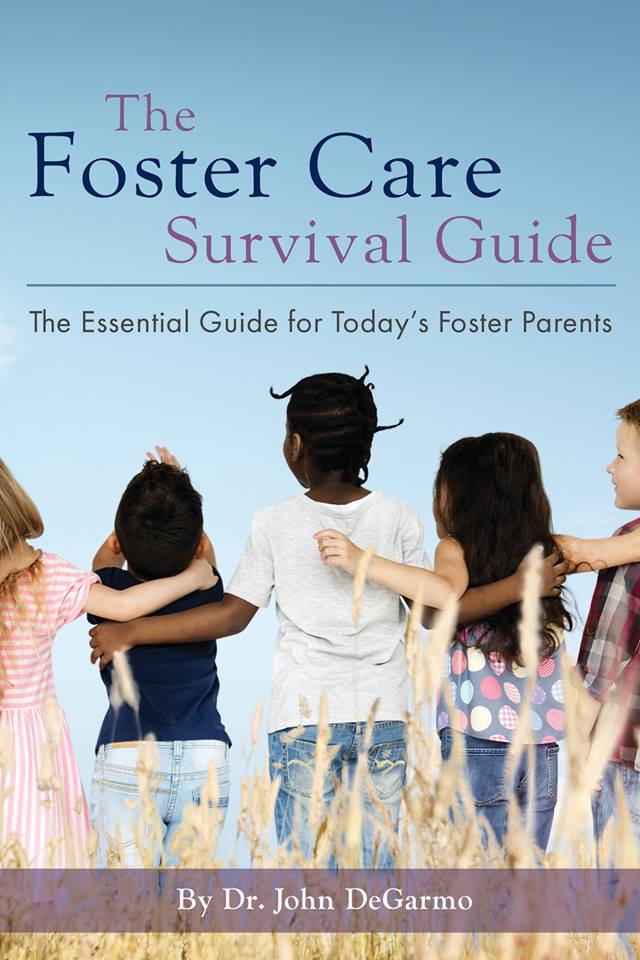
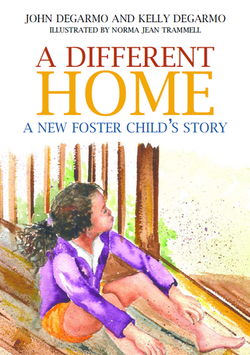
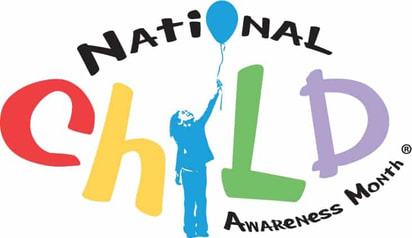
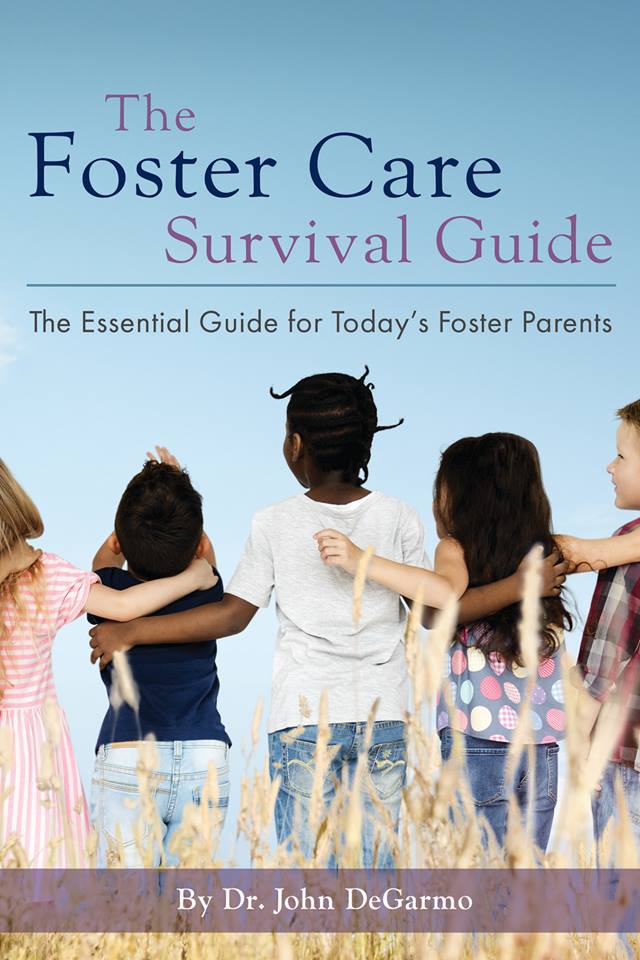


 RSS Feed
RSS Feed